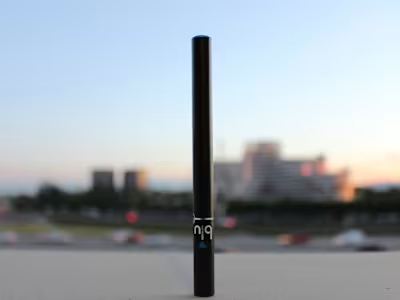Treatment of Glaucoma
What is Glaucoma?
A disease of the eye, the definition of glaucoma is known as a rise in fluid pressure within the eye and typically occurs in older adults. If left untreated, this disease can damage the optic nerve. While both eyes may be affected, a patient may suffer from this disease primarily in one, eye, and may often result in blurry or blind spots that are detected in the peripheral vision. The onset of glaucoma may not present with symptoms, which is why it is imperative to visit our Ophthalmologist at the Overlake EyeCare center in the Bellevue, WA area for a consultation and examination.
Two types of glaucoma exist: angle-closure and open-angle, which are noted as an increase in the intraocular pressure (IOP), or pressure within the inside of the eye. 90% of glaucoma is often so determined to be open-angle glaucoma, which presents as increased eye pressure that occurs because of the slow clogging of drainage canals in the eye. Angle-closure is often a chronic condition that commonly develops slowly over time, and symptoms may not be initially detected.
While glaucoma is often associated with an increased IOP, this disease can also present at normal internal eye pressure. Conversely, some individuals diagnosed with eye pressure may never suffer from this disease.
What Are the Causes?
While the exact reason for the increase in pressure within the eye isn't actually known, many physicians agree that several factors may include:
A blockage or restriction of drainage within the eye
Evaluated blood pressure
A reduction of blood flow to the optic nerve
The application of dilation eye drops
Certain medications, such as corticosteroids
Generally speaking, glaucoma is caused by the failure of the eye to properly maintain the proper balance of intraocular fluid produced compared to the amount of fluid that drains away. Other causes of this degenerative disease include optic nerve damage and poor blood flow.
How is Glaucoma Treated?
Unfortunately, the damage caused by glaucoma is permanent and irreversible. Surgery and prescription medications help to prevent further damage. An ophthalmologist will create a treatment plan that may include prescription eye drops to lower eye pressure or make a recommendation for laser surgery. Because the cost associated with these drops can be high, our ophthalmologist can discuss strategies and options to make them affordable. Two common surgery options are Trabeculoplasty which is highly recommended for open-angle glaucoma and an Iridotomy which is typically performed on patients with angle-closure glaucoma. In addition to ensuring the patient is following a proper diet, a recommendation to take vitamins containing B3 may be suggested as this has been found to help improve a neurodegenerative eye disease such as glaucoma.
Like this project
Posted Apr 25, 2023
This blog post was requested by a client in the medical niche, that wanted to replace existing blog posts with SEO optimized content.





